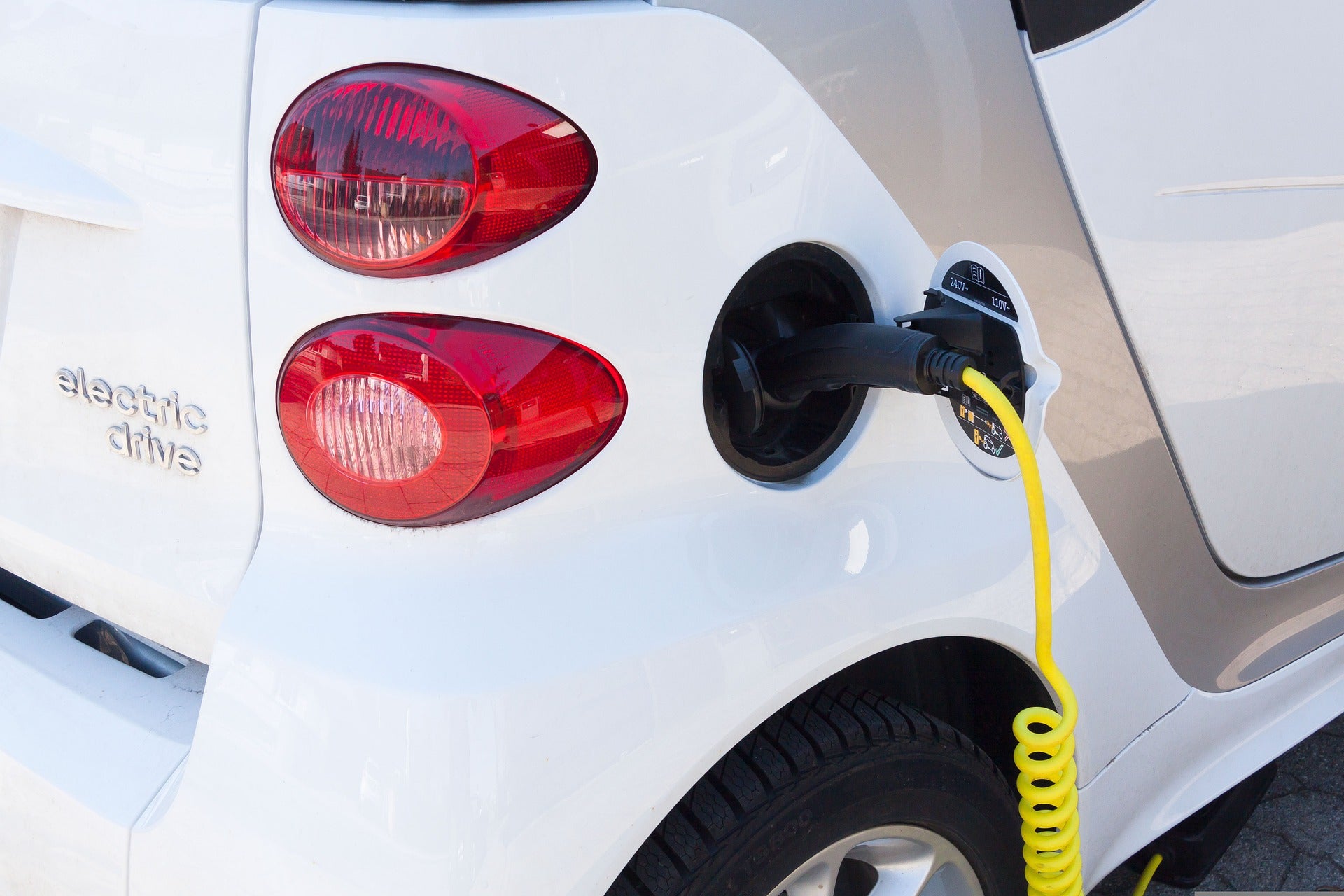
More than four in ten (42%) UK fleets have not started preparing for the government’s deadline to stop sales of new petrol and diesel vehicles by 2030.
New research from the Arval Mobility Observatory Barometer shows that 57% have started preparations for the ban on internal combustion engines (ICEs).
Only 10% of the respondents said they had plans to meet the government deadline and would have a zero-emission fleet by 2030 or before.
According to the research, 24% of the respondents said they had plans in place to meet the deadline, while 23% of them have done some preparations and they may have a zero-emission fleet by the deadline.
Participants who had not undertaken any preparation said there was plenty of time until the deadline.
Arval Mobility Observatory UK head Shaun Sadlier said: “In some respects, 2030 still feels like some time away, but for the majority of businesses that employ a four-year car replacement pattern, it is only two cycles. For van operators, who tend to keep vehicles for longer, it is even less.
How well do you really know your competitors?
Access the most comprehensive Company Profiles on the market, powered by GlobalData. Save hours of research. Gain competitive edge.

Thank you!
Your download email will arrive shortly
Not ready to buy yet? Download a free sample
We are confident about the unique quality of our Company Profiles. However, we want you to make the most beneficial decision for your business, so we offer a free sample that you can download by submitting the below form
By GlobalData“Perhaps what the data does indicate is that there is a definite difference in attitude between the six out of ten fleets who are taking a structured approach towards 2030 and the remaining four out of ten who may see it as something that they will need to manage in the future or have more urgent challenges to manage today.”
Sadlier stated that Arval, which is part of the BNP Paribas Group, is already working with many fleets in the UK to fully electrify their car fleets way before the 2030 deadline and some of them even have unofficial targets of being fully electric by the middle of the decade.
The adoption of EVs is likely to be more protracted among van fleets because the adoption of electric light commercial vehicles requires a higher degree of operational adaptation and new vehicles have been slower to come to market.
“Those businesses which do not have transition strategies in place are not doing anything wrong in strategic terms. However, they may find that factors such as taxation policies, clean air zone restrictions and even vehicle availability may effectively force them into transitioning well before 2030,” Sadlier added.







